Natural Ways to Treat Your Baby’s Cold

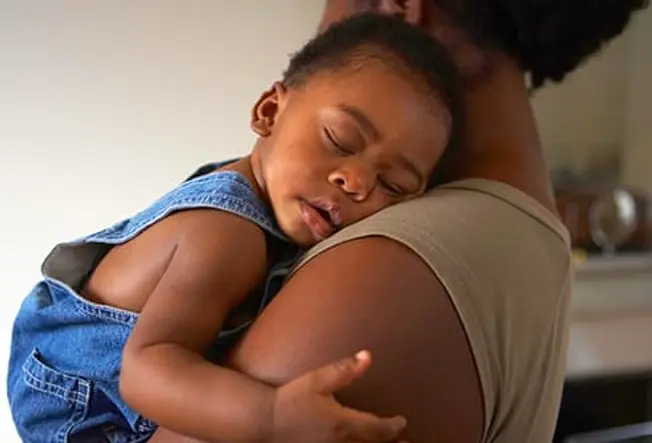
Skip the Cold Medicine
Babies get sick a lot. During their first year, most have as many as seven colds -- that’s a lot of runny noses and sleepless nights. How can you help your infant? Over-the-counter cold medicines aren’t recommended for children under 2, but a few all-natural remedies can help ease your little one’s symptoms and make you both feel better.
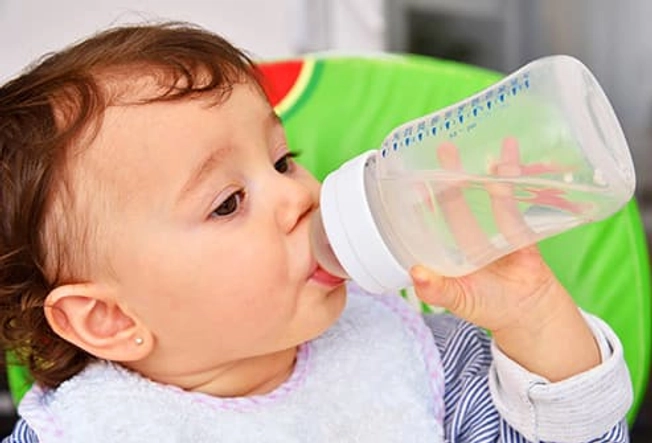
Give Plenty of Fluids
This thins mucus, and that can help with a stuffy nose. It also keeps them from getting dehydrated. Offer your baby breast milk or formula often. Don’t give them sodas or juices -- they’re high in sugar. How can you tell if they are sipping enough? Check that their urine is light in color. If it’s dark, encourage them to drink more.
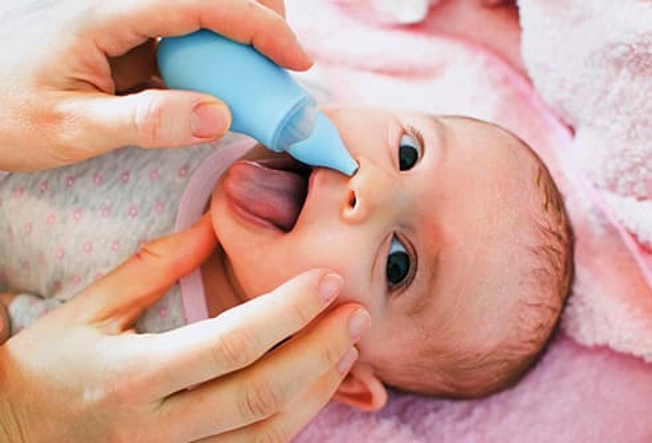
Suction Out the Snot
Your baby is stuffed up, but they can’t blow their nose yet. A bulb syringe can clear out the mucus. To use it, squeeze the bulb and put about a quarter- to a half-inch of the syringe into one nostril. Let go of the bulb to create a suction. Take out the syringe, and squeeze the bulb to put the mucus into a tissue. Wash the syringe with soap and water after using it. You can also use a nasal aspirator -- an electric version.
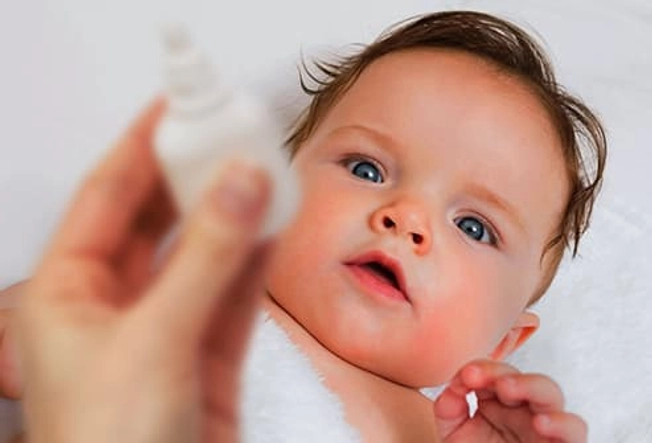
Use Saline Drops
A nasal rinse can help ease your baby’s congestion because it loosens the thick mucus that’s clogging their nose. Look for over-the-counter saline drops or sprays, or make your own: Stir a half-teaspoon of table salt into a cup of warm water. Lay your little one on their back, and use a dropper to put two or three drops into each nostril. Wipe away any mucus, or use a bulb syringe or nasal aspirator to suction it out.
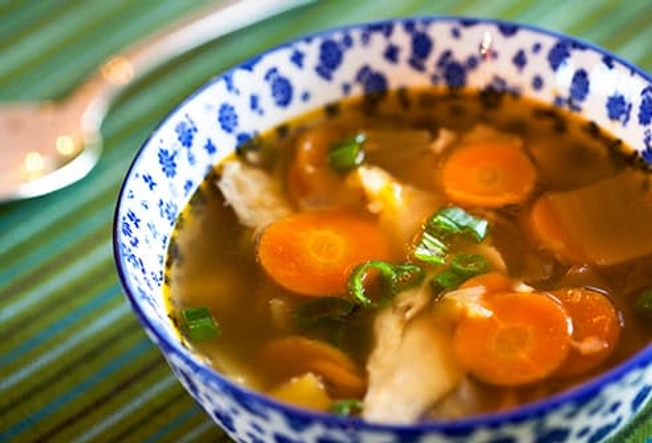
Serve Chicken Soup
Grandma was right: Chicken soup does help you feel better. Research shows it works in more ways than one. The nutrients in the ingredients, like chicken and veggies, ease the inflammation that causes many cold symptoms. And sipping the warm broth can thin mucus and clear up congestion. If your baby’s new to solids, blend the soup to make a puree or just use the broth.
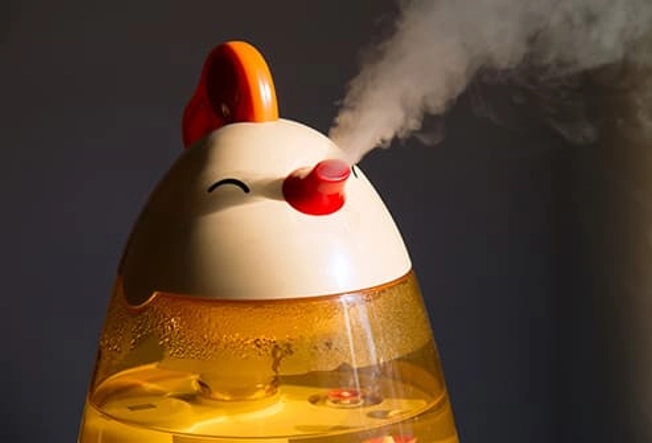
Run a Humidifier
Moisture in the air can help with coughing and stuffiness. To keep your baby safe, use a cool-mist humidifier. The steam and hot water from other versions can lead to burns. It’s also important to change the water daily, and clean it according to the manufacturer’s instructions. This keeps mold and bacteria from growing inside.
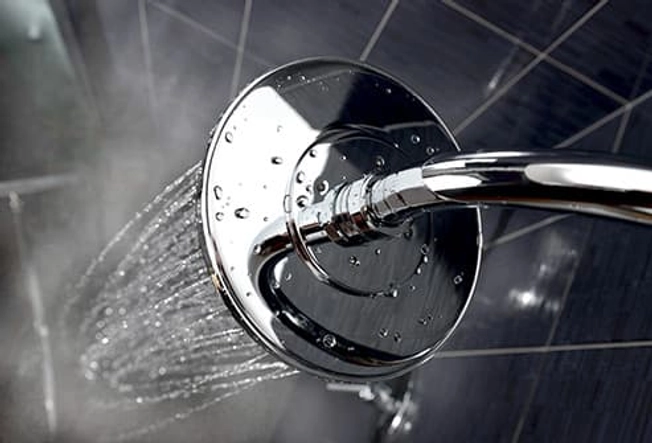
Create a Steam Room
If your baby is stuffed up, try making your own steam room. Run a hot shower with the bathroom door closed, so the room fills with steam. Then sit with your little one for 10 to 15 minutes. Bring books or toys to keep them busy. Breathing in the warm, moist air will help clear the blockages. A good time to do this is right before bed, so they’ll fall asleep easier.
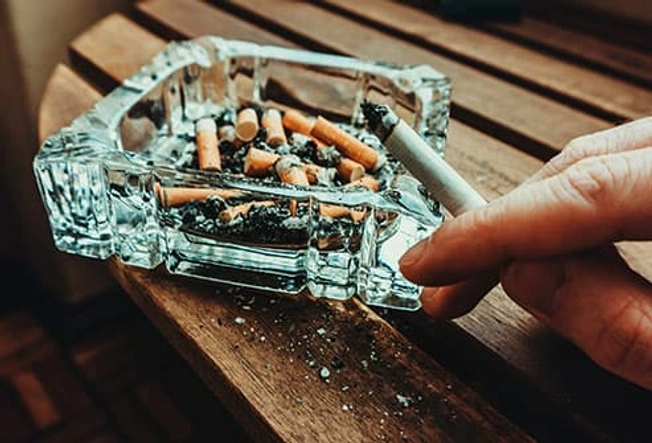
Clear Out the Smoke
Chalk up one more reason secondhand smoke isn’t good for a child: It can make their cold worse by irritating their throat and nose. In fact, kids who breathe in secondhand smoke have a harder time getting over colds. They’re also more likely to have bronchitis or pneumonia. Stay away from places with cigarette smoke, and ask that no one smoke inside your home.
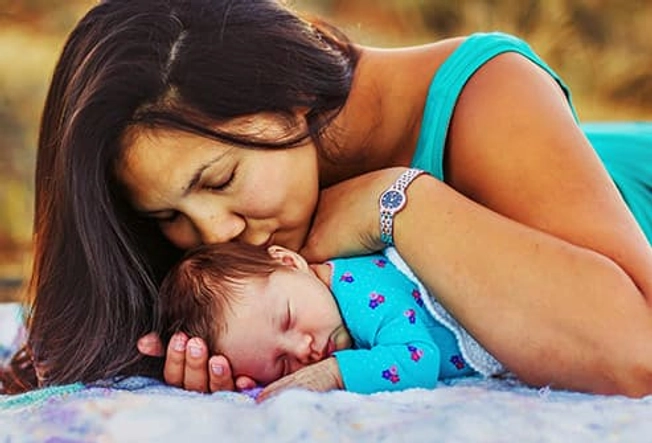
Encourage Rest
Sleep is key for a healthy immune system. It can help your baby fight off that cold virus. To help them get a good night’s rest, clear out the mucus with saline drops and a bulb syringe before naps and at bedtime. And give them lots of cuddles. Your touch may ease the discomfort and help them feel more relaxed.
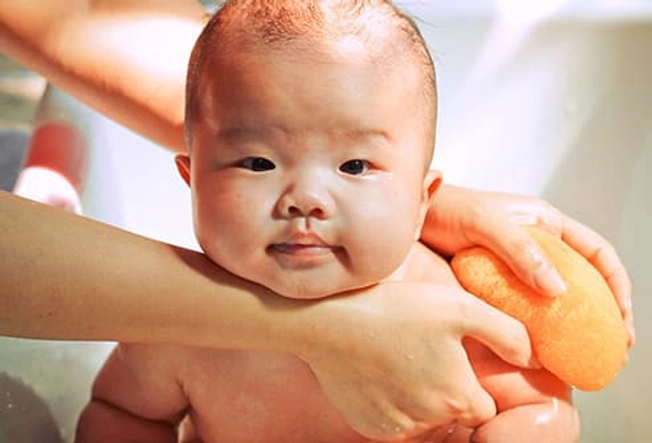
Try a Sponge Bath
A lukewarm sponge bath can help soothe a feverish baby and may bring down their temperature by a few degrees. Fill a tub with an inch or two of slightly warm water, and use a sponge or washcloth to wipe them down. Don’t use cold water, ice, or alcohol. If they are chilly, take them out of the bath.

Offer Healthy Foods
The saying “feed a cold, starve a fever” only got it half right. Little bodies need the energy from food to fight off that cold, and certain nutrients can strengthen the immune system. If your baby is eating solid food, give them meals that have protein, vegetables, and healthy fat. If you’re breastfeeding, keep it up. Breast milk protects against the germs that cause colds.
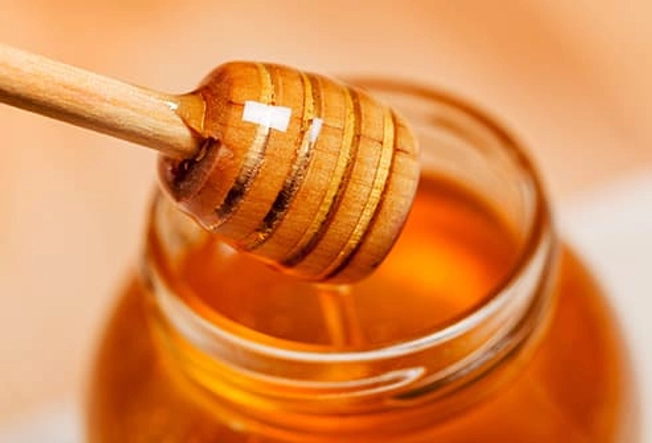
Give an Older Baby a Little Honey
If your child is over a year old, a spoonful of this can calm a nighttime cough. One study found that sick kids coughed less and slept better after a teaspoon and a half of the golden stuff at bedtime. But you shouldn’t give them honey if they aren’t 1 yet. It’s not recommended for younger babies because it may lead to a dangerous illness called botulism in infants.
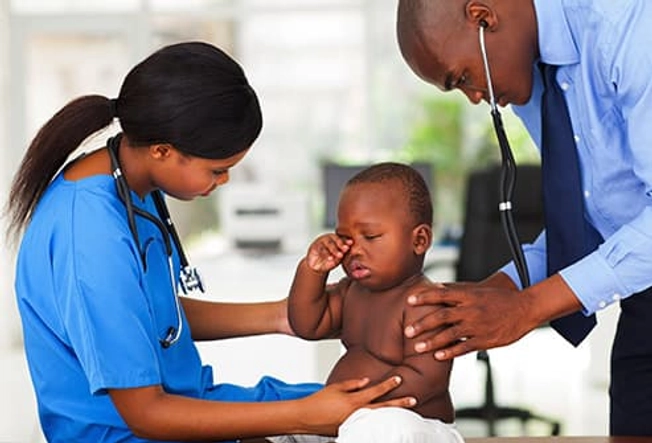
When to Call Your Doctor
Sometimes a cold leads to more serious conditions. Call your pediatrician if your baby is younger than 3 months and has a rectal temperature of 100.4 F or higher or is fussy and not drinking. If they are older, call a doctor if their ears hurt or if they have breathing trouble, a cough for longer than a week, or mucus that’s still there after 10-14 days. Also reach out if their fever is above 100.4 F for more than 3 days or goes higher than 104.
